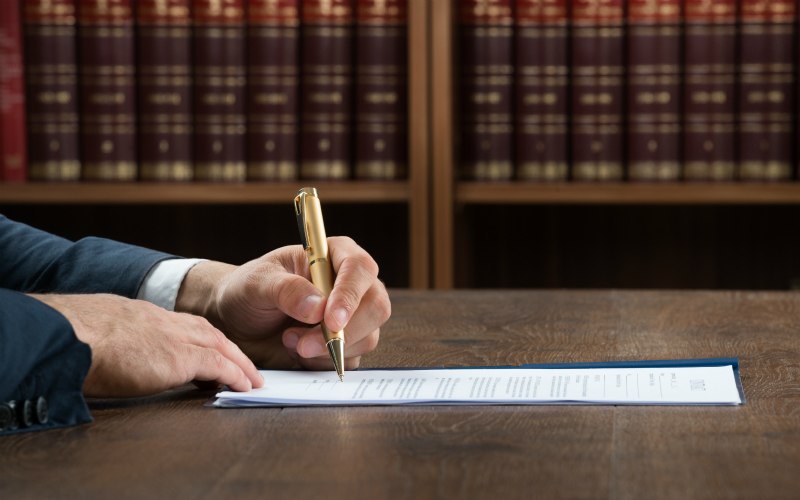
In a previous article, we discussed common misconceptions behind Powers of Attorney and why it is worth having one in place. Following the news that Buzz Aldrin has filed a lawsuit against his son and daughter and a former business manager for financially exploiting him, what considerations do attorneys need to take in to account when making decisions under a Power of Attorney in Scotland and what happens if you do not have a Power of Attorney in place?
So what is to stop your Attorney spending extravagantly on your behalf for instance, when there is no need for them to do so?
When making any decisions or taking any actions relating to you and your affairs, your Attorney must act in accordance with what is in your best interests. Any action or decision must be the minimum necessary to achieve the desired purpose and your Attorney should take account of your past or present wishes (as far as these can be gathered) along with those of your nearest relatives, and your primary care giver. You should always be encouraged to exercise any remaining capacity in relation to your property, financial affairs or personal welfare i.e. there should be minimum intervention in your affairs by your Attorney and, where possible, you should continue to play as active a role in matters as either you wish or are able to.
How are these principles upheld in practice?
The Office of the Public Guardian (OPG) (the body responsible for regulating Powers of Attorney), has a code of practice which recommends that Continuing (financial) Attorneys should keep accounts and should keep the person’s property or money separate from their own. In the case of Welfare Attorneys, the OPG states that Attorneys should keep a record of all matters relating to the personal welfare of the adult, for example, his or her care plan from the Social Work Department, along with a note of special events relating to welfare, such as any illness or accidents.
If someone has concerns as to the way an Attorney is exercising their responsibilities they can refer the matter to the Public Guardian’s Office. However, if an Attorney has applied the principles correctly, kept proper records and relevant documents such as bank statements, and recorded decisions and actions, then they should have nothing to fear from any potential enquiry.
Looking after the financial and welfare affairs of another is an important responsibility. You should therefore appoint an Attorney who is aware of your beliefs and values and can make decisions based on an understanding and awareness of what you would do were you able to.
But what if, as we often hear people say, a Power of Attorney was not for them and they have not put one in place?
Where a Power of Attorney has not been granted and capacity has been lost, a Guardian may have to be appointed by the Court to deal with your financial, and perhaps your personal welfare arrangements. The appointment of a Guardian is expensive (costing thousands rather than a few hundred pounds) and the procedure is also time consuming. Reports have to be prepared by certain professionals and organised within particular timescales as part of the court process. Anyone with an interest could also apply to the Court for an ‘Intervention Order’, where the Court would appoint one or more specified persons to take a one-off action or make particular decisions on your behalf. However, the Intervention Order will only last as long as it takes to carry out the specified task, or to make the necessary decision. In practice, applying for an Intervention Order may be just as costly as applying for Guardianship and still involves a Court process. Putting a Power of Attorney in place eliminates these hurdles and is your opportunity to nominate and appoint who you would wish to act on your behalf, should you lose capacity, or simply require some assistance dealing with your affairs as you get older.
Whilst putting a Power of Attorney in place involves a fee, it allows you to nominate and appoint who you would wish to act for you. With Guardianship or Intervention Orders, the costs are far greater, the process more extensive, involving the Sheriff Court and obtaining of reports, and ultimately the person appointed may not necessarily be the person whom you would have appointed had you been able to do so.
Putting a Power of Attorney in place, whilst you are able to do so, allows you to appoint the person or persons of your choosing and is much quicker and less expensive than a Guardianship or Intervention Order.
